Bangladesh
About this project
The TANGAIL TB and Leprosy project, spanning multiple districts in Bangladesh with a population of 7.8 million, is a testament to the scale of our collective efforts. We provide combined TB and Leprosy services through 34 clinics, and our regular social mobilization and contact investigation activities are instrumental in creating mass awareness and identifying newly infected individuals. Adding a new team is a promising development, set to bolster leprosy control in the Rajshahi District and further amplify our impact.
Impact
In 2023, 40,703 people were diagnosed with tuberculosis
Comments
“Tuberculosis is highly prevalent in Bangladesh, making the fight against this disease a top priority, alongside leprosy. The World Health Organization (WHO) has designated Bangladesh as a priority country for eradicating leprosy.”
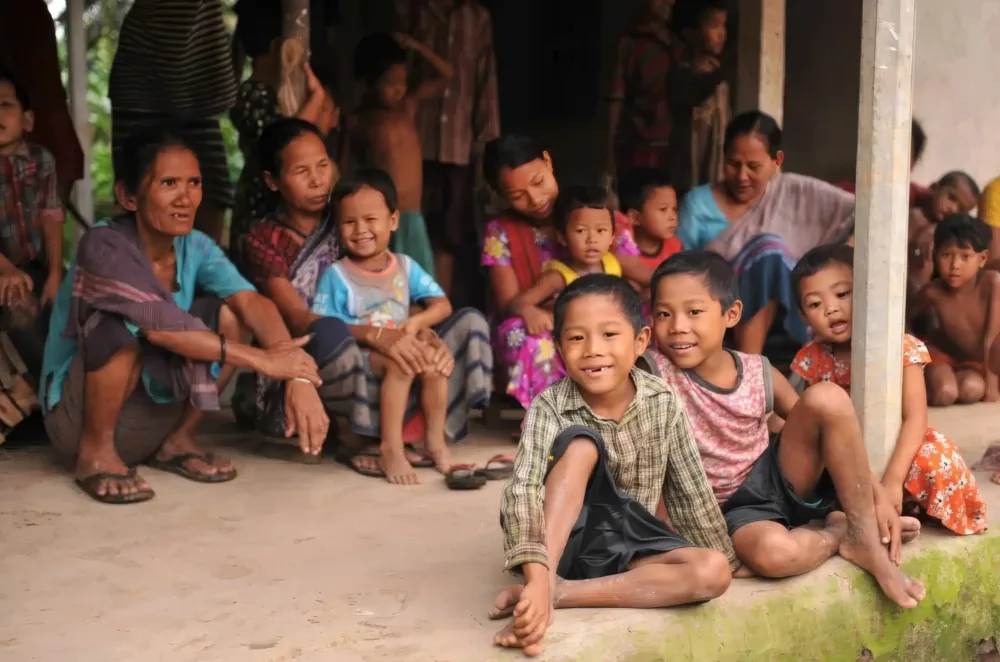
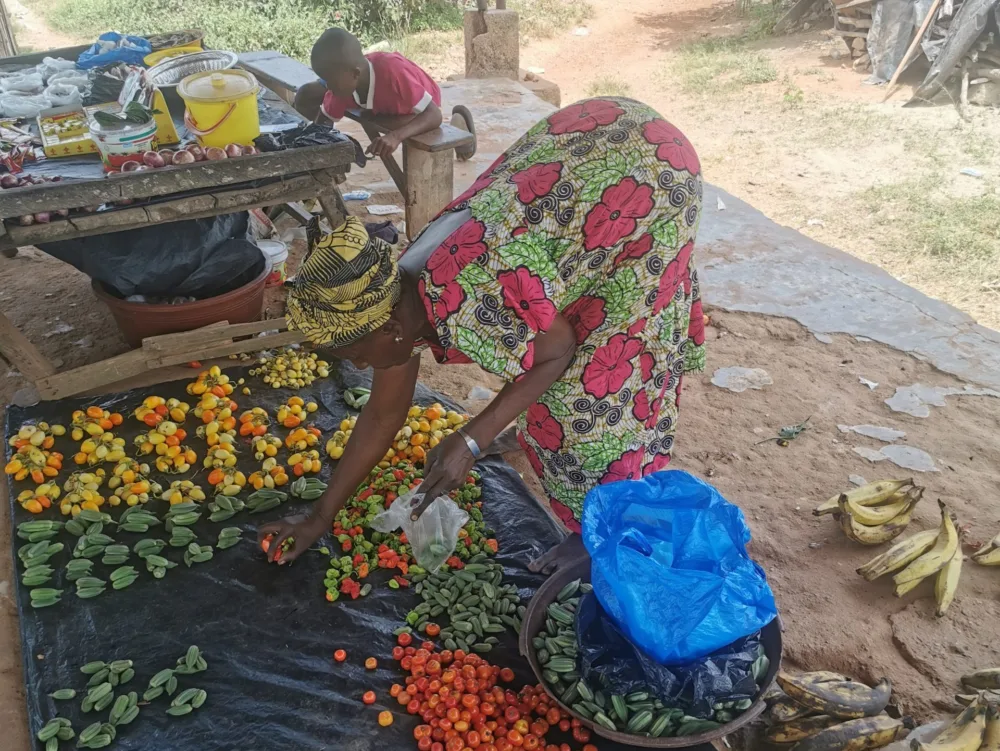
Côte D'Ivoire
About this project
The RESTORE Project is on a mission to uplift the lives of those affected by Leprosy and other NTDs in Côte d'Ivoire. Our goal is to not just provide income-generating activities, but to empower individuals with better access to medical care, self-care, and disability prevention through comprehensive education for both patients and their families.
Impact
The RESTORE Project has been a resounding success, with 80% of all its members now above the poverty line. This is a testament to the transformative power of our work and should inspire hope for the future.
Comments
"We met people who needed more than just income generation support. They needed someone to listen to them and to tell them there is hope, that the best is yet to come."
Ethiopia
About this project
In 2023, we were confronted with the urgent need to find and treat undetected cases of Leprosy among the Ethiopian population. Our project, aimed at enhancing early case detection of leprosy and improving the quality of life for persons affected through livelihood support, has now turned its focus to the Anchar District, a high-burden leprosy zone. Anchar is currently grappling with a significant number of new leprosy cases, with a prevalence rate of 3.76 per 10,000 population, well above the WHO target of less than 1 per 10,000 population. The district also reports a high proportion of child leprosy cases, further underscoring the urgency of the situation.
Impact
The mass screening campaigns have been a resounding success, reaching 1,620 households and significantly contributing to the early detection and treatment of leprosy cases.
Comments
“Persons affected by Leprosy in Anchar face various socio-economic challenges: loss of relationship with the community, loss of assets, etc. The Anchar district is a hard-to-reach area with poor access to health care.”
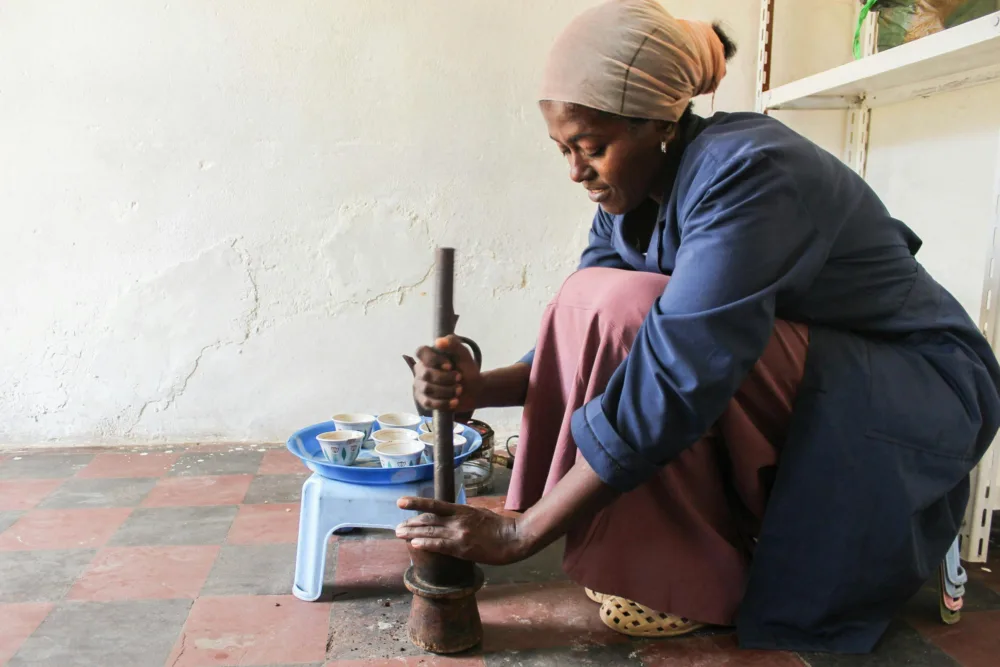
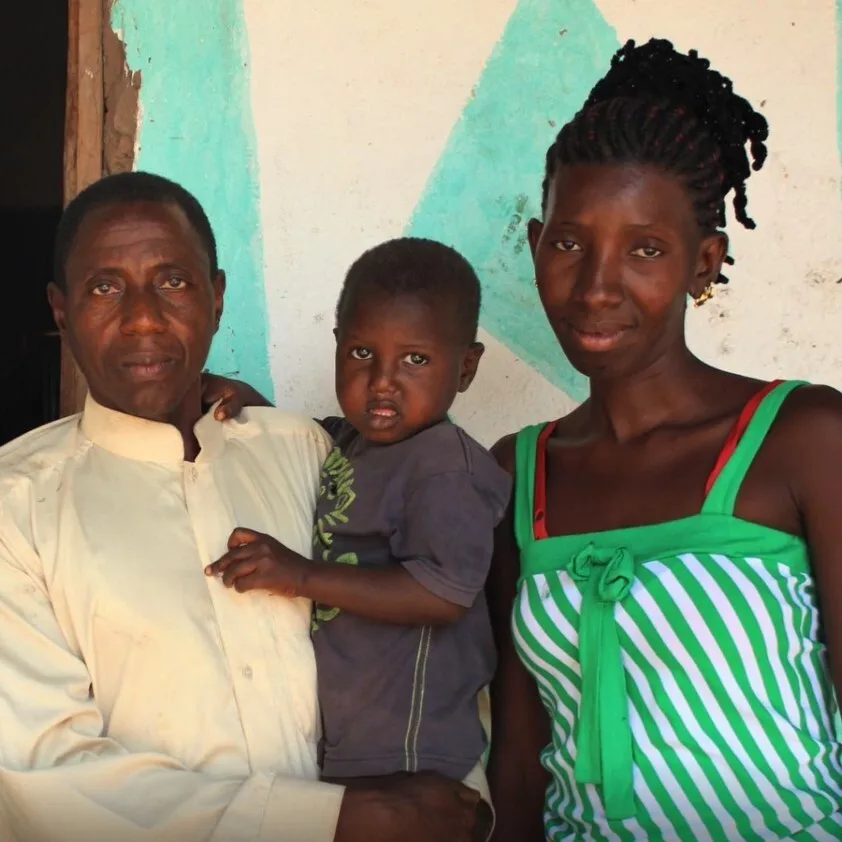
Guinea Bissau
About this project
We are strengthening the National Leprosy Programme in Guinea-Bissau. Our partner, AIFO, aims to improve the ability of healthcare staff to manage and identify leprosy and the most common skin diseases through adequate training. It is essential to implement capacity-building activities for health personnel in diagnosing and treating leprosy to increase detection and break any stigma and discrimination. We are worried that the low percentage of new cases may be related to the lack of health professionals' training.
Impact
A significant achievement in Guinea Bissau in 2023 was that 100% of the newly diagnosed individuals had no disabilities.
Comments
"A challenge we are facing is reaching people who live in the extremely isolated islands. Logistics is a challenging issue as most islands are difficult to visit and implementing activities is arduous, due to the limited infrastructures and precarious transport conditions."
India
About this project
All too often, poverty and disease go hand in hand. Given its high population density and high poverty rate, more than half the people affected by leprosy in the world live in India, a situation that urgently requires our attention and action.
When a person is affected by the disease, the consequences for the patient and his or her family are far-reaching. The loss of a livelihood or high medical costs can plunge a family into extreme poverty in no time. In partnership with NGOs in the States of Bihar, Madhya Pradesh, Maharashtra, Odisha, Tamil Nadu and Telangana, Secours Lèpre offers early detection, treatment, reconstructive surgery, care services for people with disabilities, community awareness to reduce stigma and capacity building for people affected by leprosy.
Impact
107,851 people newly affected by leprosy were screened nationwide in 2023.
Comments
“By calling on volunteers during active screening campaigns, we can detect more people affected by leprosy. In a short space of time, we have screened 12,000 patients in 31 villages where leprosy is prevalent.”
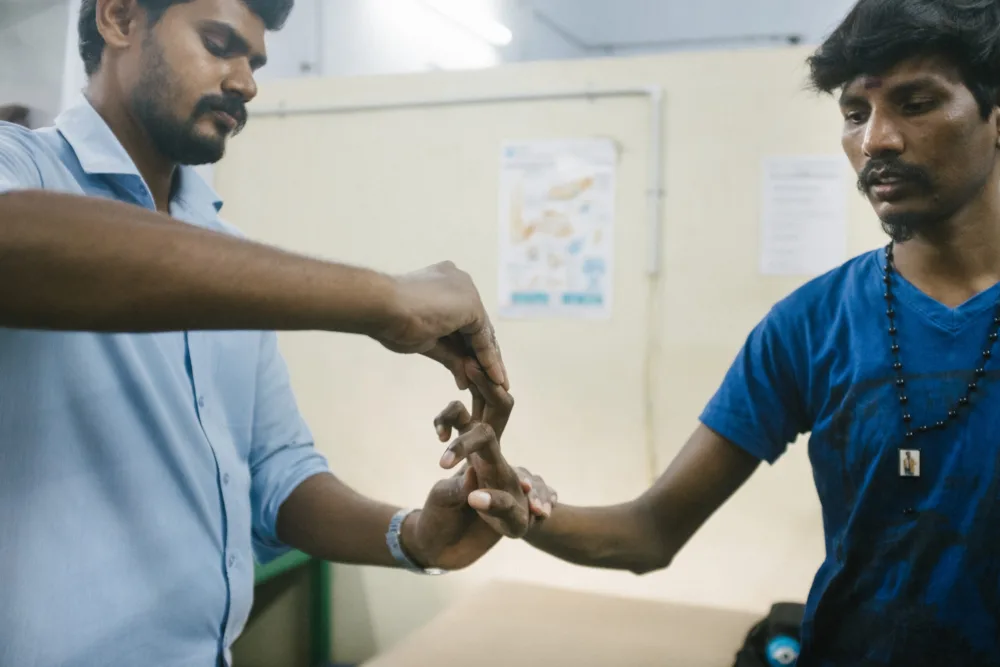
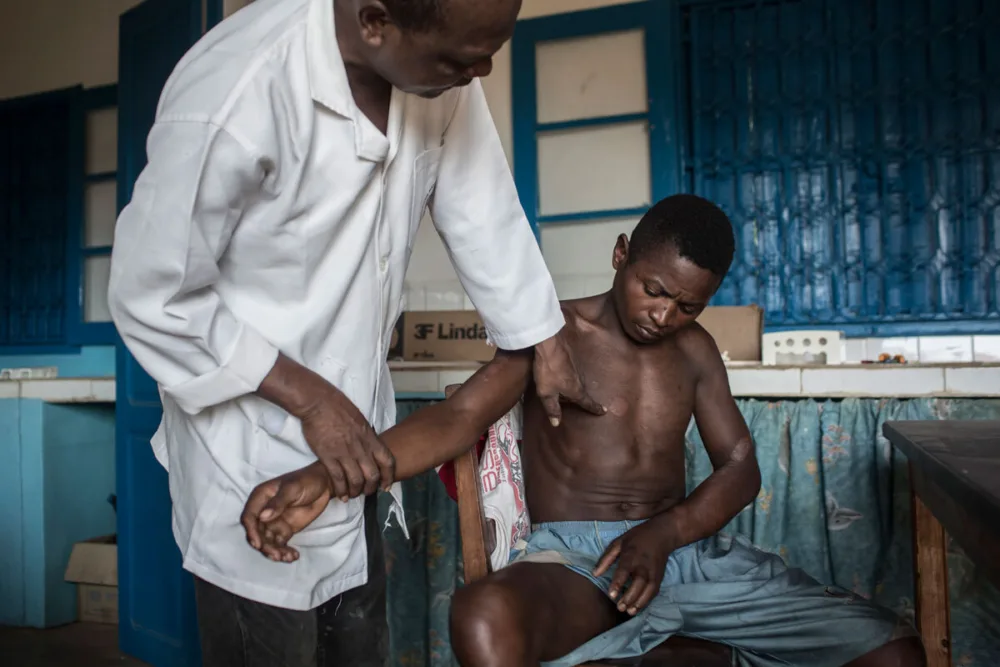
Madagascar
About this project
With our partner, Fondation Follereau, we provide technical and financial support to the National Leprosy Control Program and thirty private local health centers. These centers offer services to people affected by leprosy, including medical treatment, rehabilitation, and social support. Collaboration between the NLP and private centres is excellent, providing patients with comprehensive, high-quality care. In Madagascar, Leprosy is, above all, a social problem linked to extreme poverty that is a source of exclusion
Impact
Our consistent screening efforts have led to a stable number of new leprosy cases, instilling confidence in the sustainability of our program. We have also achieved extensive coverage of endemic areas.
Comments
“For some time now, we have been offering targeted school bursaries to the families of patients who have been badly affected, and the programme is bearing fruit. Several young patients are already studying to become nurses so that they can continue the work.”
Mozambique
About this project
Mozambique ranks fifth globally and second in Africa regarding the number of new leprosy cases. In Manica and Nampula, our partner AIFO is fighting against leprosy in collaboration with the local Associations of People Affected by Leprosy. We work at the community level, training community agents and self-help groups and operating leprosy elimination campaigns. Our work is also to support the education of children of affected individuals and children with disabilities in school and uniform. Our efforts have had a significant impact on the education of children . One hundred percent of the children who benefited from our support have successfully moved up a class.
Impact
Our work in the Province of Nampula, where 44% of new cases are registered, has been particularly impactful, underscoring the importance of our efforts in this region.
Comments
“On 29 January, we organized a debate on Community Radio to raise awareness about leprosy. Seven thousand people followed the discussion. The radio debate focussed mainly on the cause of leprosy. According to the local people, the cause of leprosy is theft or violation of family and community norms, a fact reiterated by the 30 listeners who called in to contribute and raise concerns.”
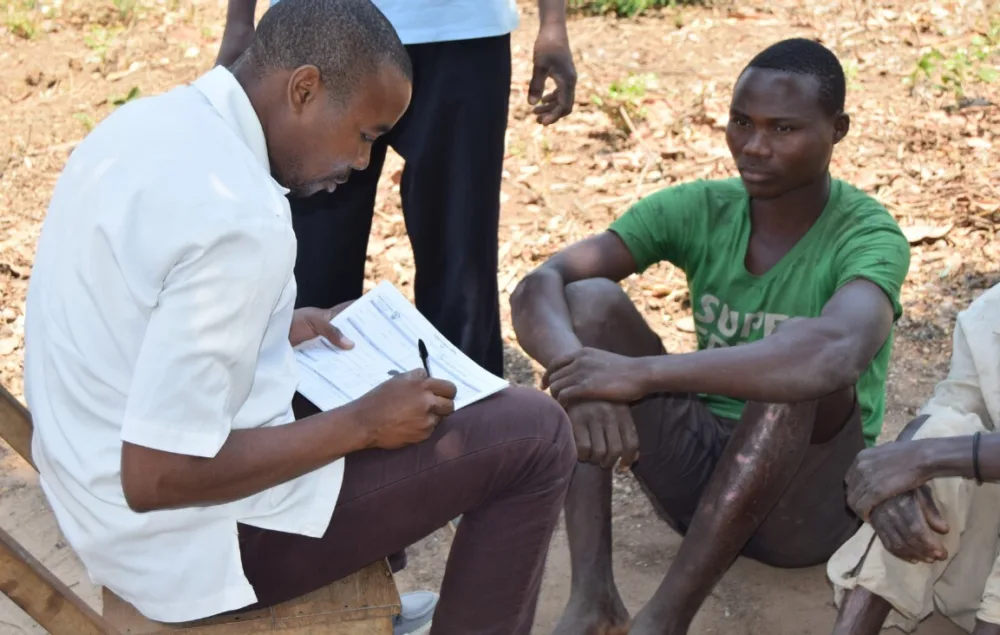
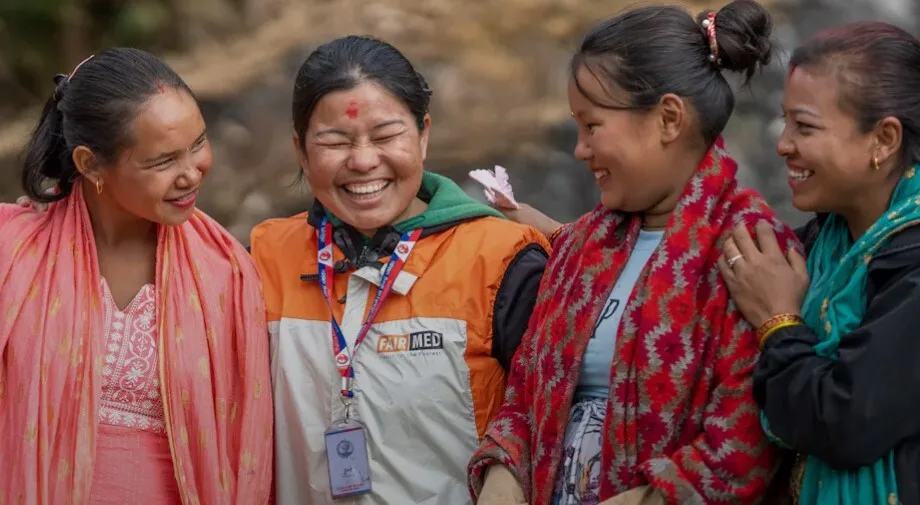
Nepal
About this project
Project LEAN - Implementing Leprosy Elimination Activities in Nepal. This project has achieved excellent results in 2023. The project completed two batches of Training Trainers, a key step towards sustainability, reaching medical officers, nursing staff and paramedics. These new trainers played a crucial role in rolling out basic training to 1,367 health workers and enhancing their skills for case diagnosis, referral, treatment, and disability management. The project organized Door-to-Door campaigns in 37 regions where trainers referred 1’490 suspected cases of leprosy.
Impact
The community health mobilizers have organized monthly meetings of 42 self-help groups, counselling 360 leprosy-affected persons on self-care and referred 23 leprosy cases to the hospital for complication management.
Comments
“By supporting this project, Leprosy Relief has helped some of the poorest and most disadvantaged people in the Provinces of Lumbini and Koshi in the South of Nepal to overcome barriers and gain access to healthcare to free themselves from the vicious circle of leprosy and poverty.”
Democratic Republic of the Congo
About this project
The dedicated local teams of our partner Action Damien are actively supporting regional health centres in 10 provinces of the Democratic Republic of Congo. Their unwavering commitment is truly inspiring. Leprosy Relief has long endorsed the programme to combat tuberculosis and leprosy in the Haut-Uele province. In 2024, we will be leaving the country's highest province to work much further south in the province of Haut Katanga, where leprosy screening is very dynamic. We are acting quickly to reduce disability among new cases. The teams regularly carry out targeted campaigns to screen people living in remote areas without access to healthcare.
Impact
In 2023, our efforts led to the diagnosis of 2035 new cases.
Comments
“Every day, our teams are on the ground, screening people for leprosy and tuberculosis. We are committed to providing them with the best care, helping them to remain hopeful, and following them until they are cured. This unwavering commitment is at the heart of our mission.”
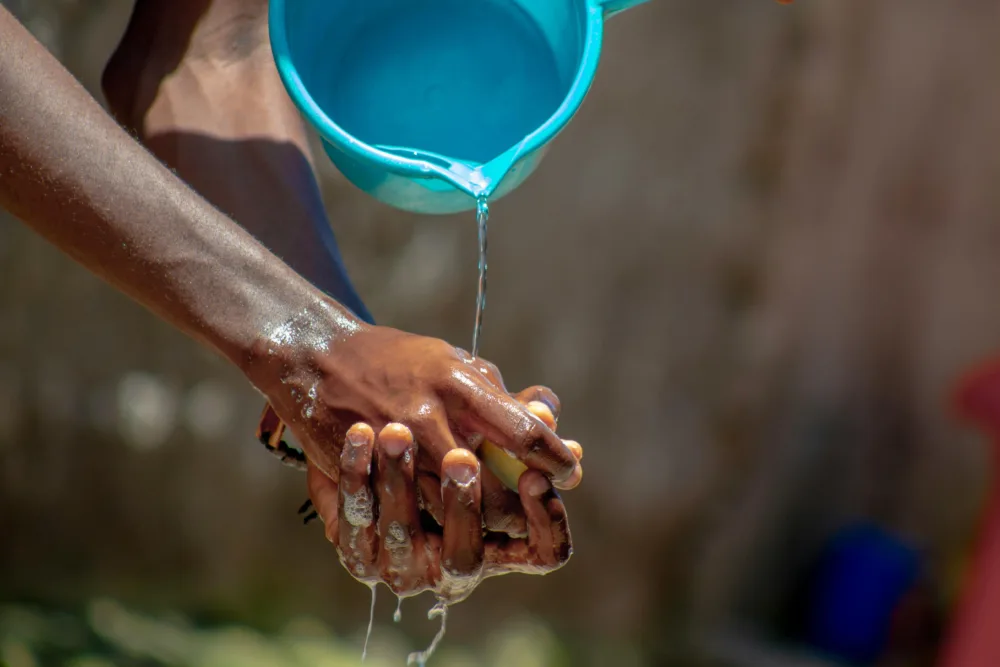
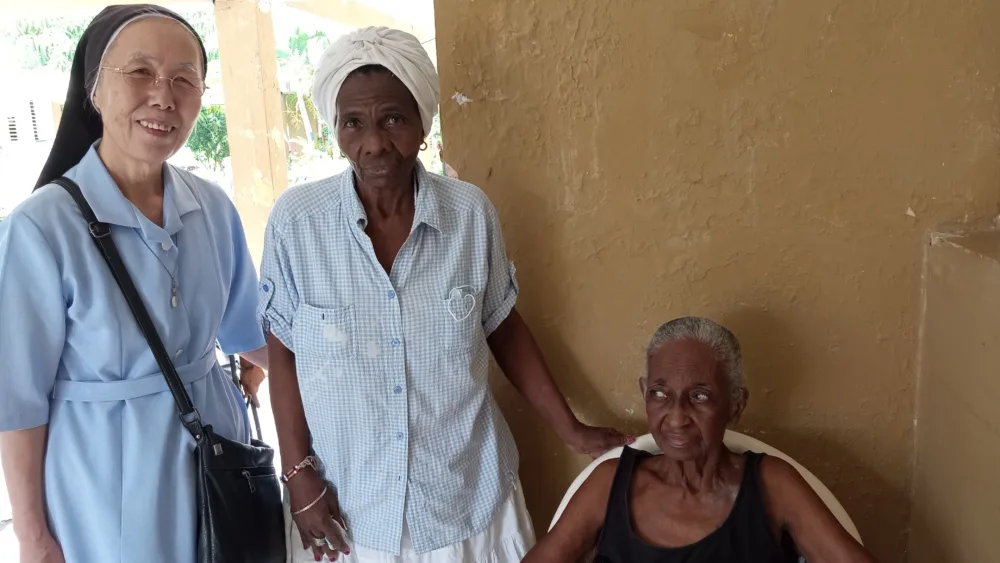
Dominican Republic
About this project
The Leprosy control program in the Dominican Republic has been carried out since 1966. A central unit in Santo Domingo manages the National Leprosy Program with eight regional health centers. Active search for individuals affected by leprosy is done through medical examinations in schools, homes, and neighbourhoods. The Social Leprosy Program covers the needs of low-income families affected by leprosy. Food and care are offered to needy individuals affected by tuberculosis and malnutrition. Our partners in the field are Patronnato de lucha contra la lepra and Soeurs de l'Enfant-Jésus de Chauffailles. The teams of Dr. Periche and Sister Komori are excellent allies in the fight against leprosy.
Impact
In 2023, we conducted 2210 leprosy contact exams in households, and an impressive 39,143 exams were made in schools and neighbourhoods. These numbers reflect our commitment to reaching every corner of the Dominican Republic and our dedication to eradicating leprosy.
Comments
" Our commitment to fighting discrimination is unwavering. The first step we took was to educate our medical and paramedical staff. We then identified a high frequency and intensity of self-stigma among our patients. To combat this, we formed self-help groups and provided psychological support for the patients. "
Senegal
About this project
In the past, people diagnosed with leprosy were often isolated in specific villages. Our partner in Senegal, DAHW, has been a steadfast presence in these communities for decades, providing vital support and medical care. Together, we are now actively working in 16 villages, striving to promote human rights and the social inclusion of people affected by leprosy. This transformation requires a shift in mindset and a steadfast commitment to defending the rights of disabled individuals.
Impact
Since last year, the villages are no longer considered 'leprosy villages', a success for DAHW and all the partners working in Senegal. However, the disease has not entirely disappeared.
Comments
"A year ago, says one of the village elders, when you were last here to help us, you said you would come back…He pauses and nods contentedly. And you came back! Nods and murmurs, sporadic applause in the large group that has gathered under the shady canopy of a mango tree.”
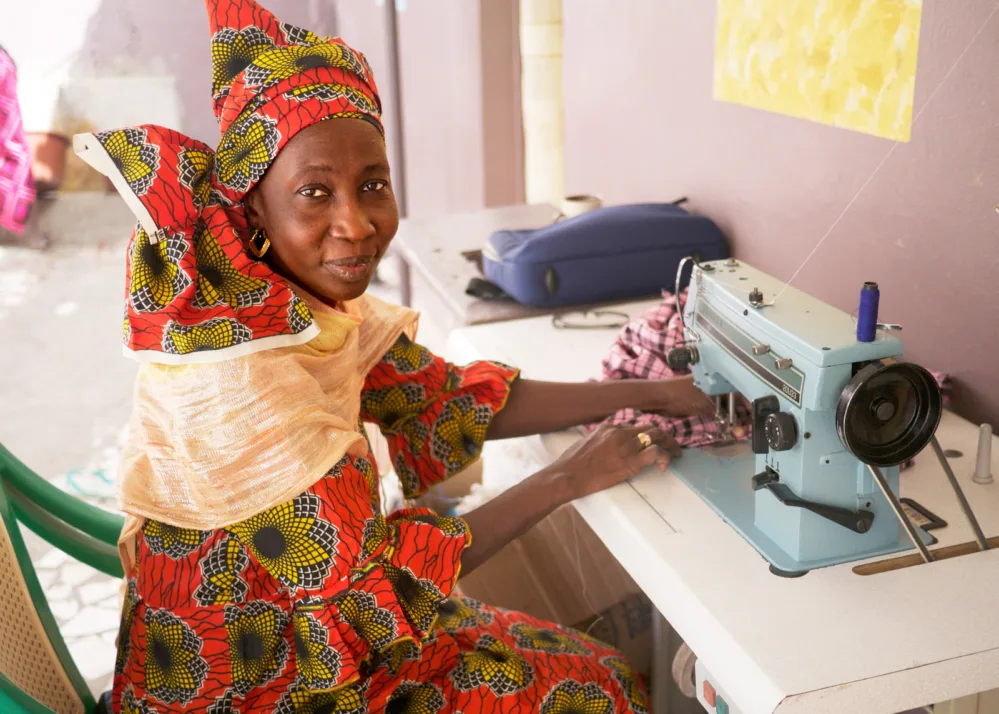
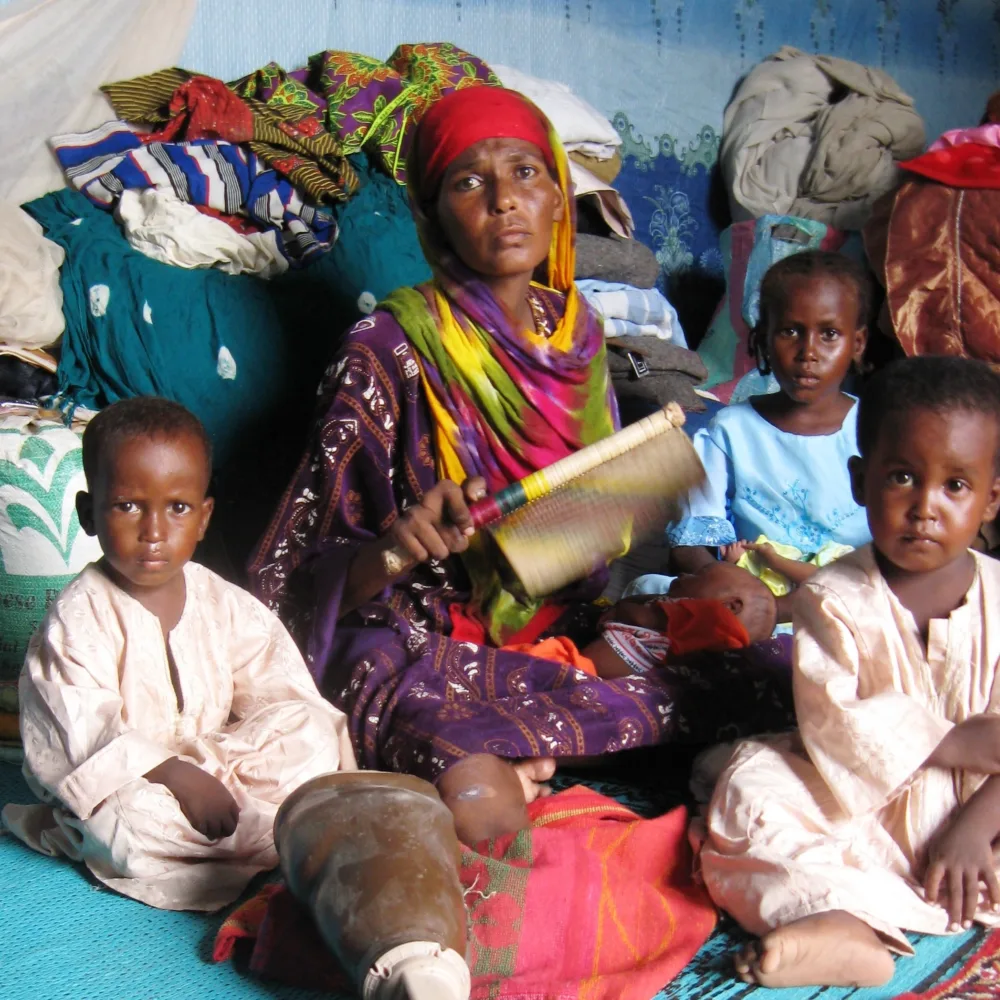
Chad
About this project
With our partner, Fondation Follereau, we support the Countrywide Coordination of the National Leprosy Program. We work tirelessly to implement quality services for leprosy management, including monitoring, training, active case detection, MDT distribution, resistance surveillance, and World Leprosy Day activities. In 2023, 362 new cases of leprosy were reported. Regrettably, 16% of them were already disabled at the time of diagnosis, indicating a delay in detection. 8% of the new cases are children, a clear sign of active transmission in the community.
Impact
A significant milestone has been the establishment of organizations for those affected. These groups serve as a beacon of hope, providing a 'home' where individuals with disabilities can support each other, develop new sources of income, and actively participate in local society.
Comments
"Thank you for your unwavering support. We are continuing to fight in Chad. The country is structurally very poor, and the population lives in deep destitution. We have recruited a wonderful doctor who shares our convictions. We have a solid base to help the people affected.”




